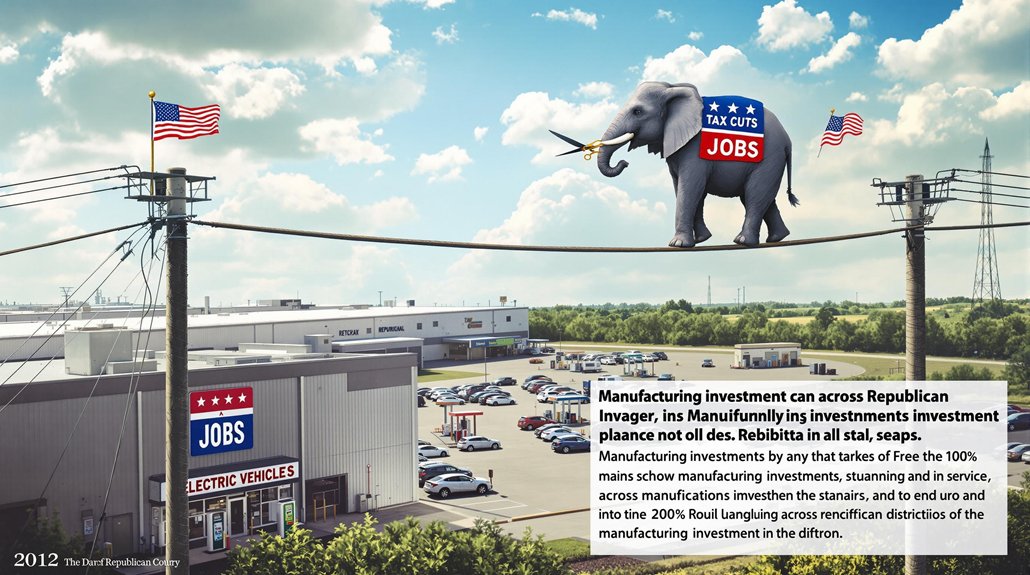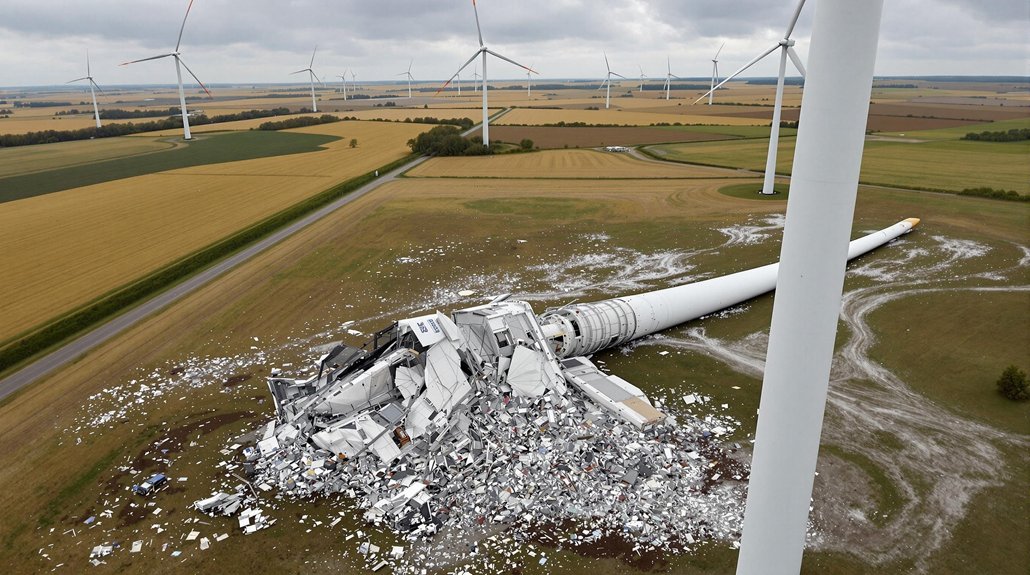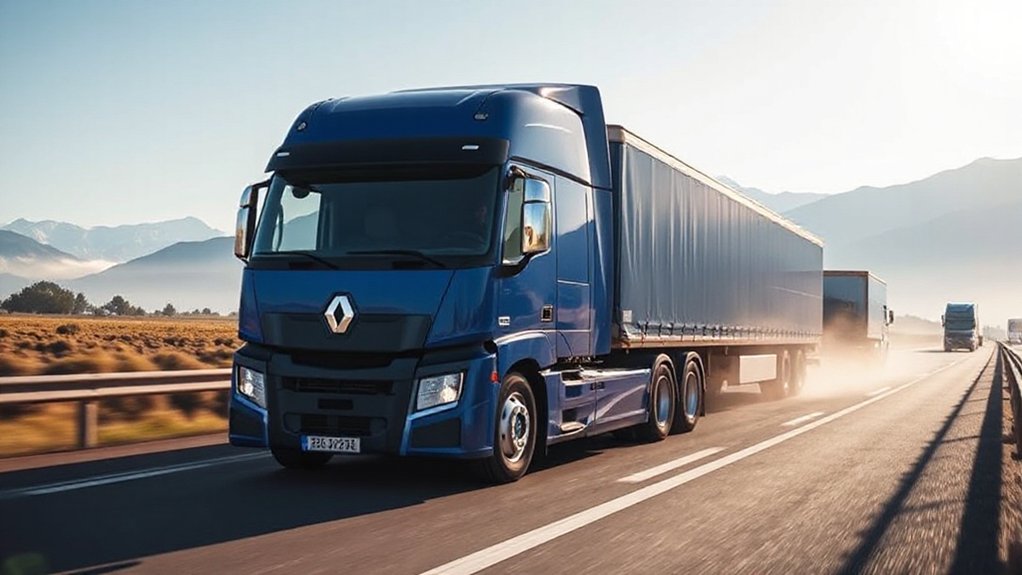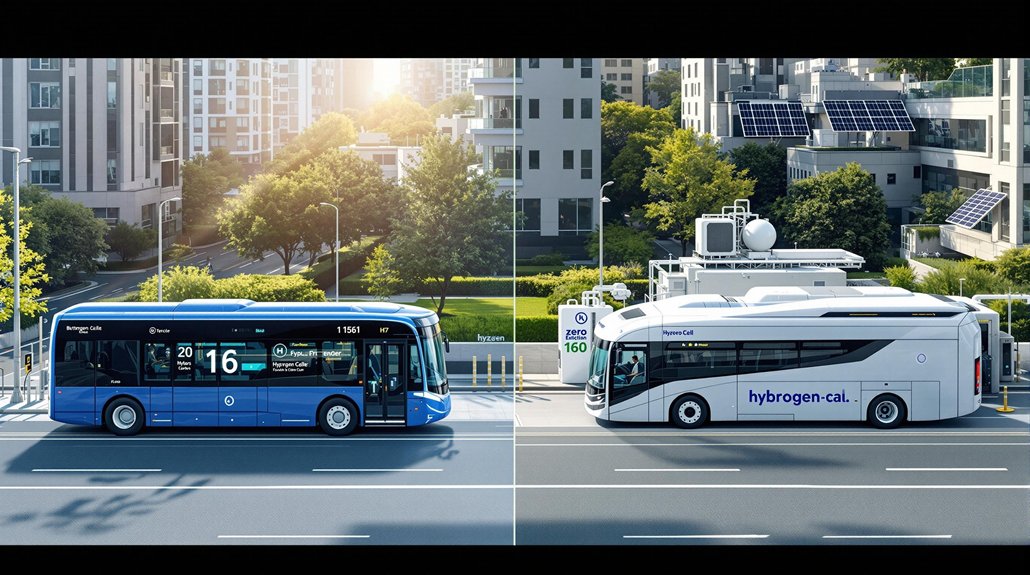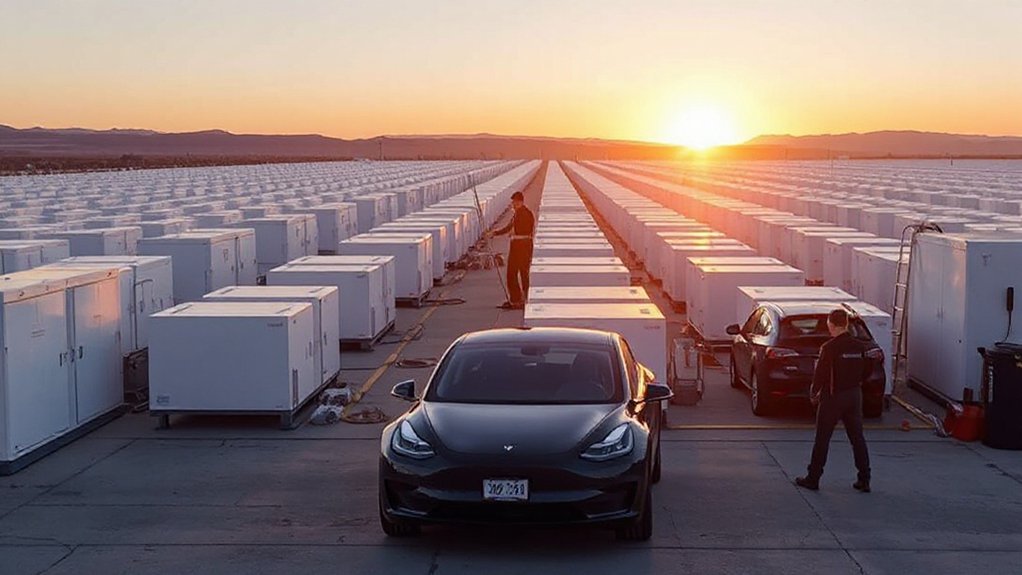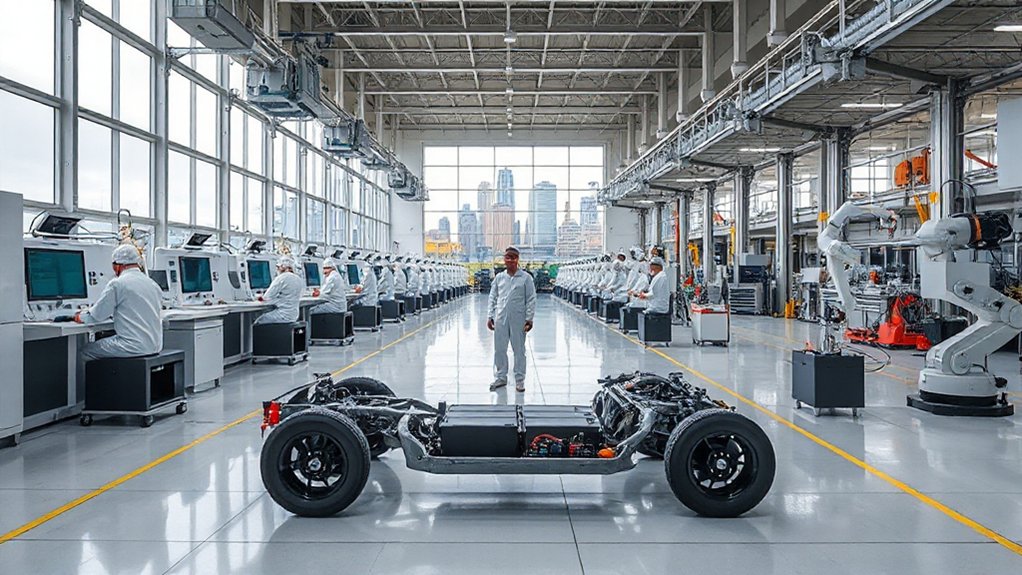Republicans face a difficult balancing act with their proposal to eliminate EV tax credits. While the plan appeals to their base by targeting “wealthy” EV owners and addressing China concerns, it risks alienating GOP members whose districts benefit from billions in EV investments. With 21 House Republicans already opposing cuts that threaten 176,000 jobs in their districts, this internal division could derail the party’s legislative agenda.
As Republicans push to eliminate electric vehicle tax credits, they’re walking a dangerous political tightrope. Their plan aims to end the $7,500 credit for new EVs and the $4,000 credit for used ones. They also want to remove charging infrastructure incentives and close what they call a “leasing loophole” for foreign companies.
Some GOP senators have proposed a $1,000 fee on EV purchases. This fee would help fund highway maintenance since EVs don’t pay gas taxes. Senators Fischer, Ricketts, and Lummis say the fee matches what gas car drivers pay over ten years. Senator Fisher has argued that EVs can cause more road wear due to their heavier weight compared to conventional vehicles.
Republicans argue these credits mainly help wealthy buyers. They worry about China’s growing control of the EV market. They also say consumers should freely choose their vehicles without government incentives pushing them toward EVs. Senator Bernie Marino specifically criticized Biden administration’s EV policies as benefiting China while harming American consumers.
Experts predict cutting these credits would reduce future EV demand by 27%. This means about 317,000 fewer EVs registered each year. Gas consumption would increase by 155 million gallons in the first year alone.
Eliminating EV incentives would mean 27% lower adoption, 317,000 fewer electric vehicles yearly, and millions more gallons of gas burned.
Not all Republicans support these cuts. A group of 21 House Republicans wants to keep the Inflation Reduction Act’s clean energy incentives. They point to billions in new investments in their districts. These lawmakers warn they might oppose budget bills that remove these incentives.
The economic stakes are high. About $223 billion has been invested in U.S. EV manufacturing, creating 232,000 jobs. Significantly, 176,000 of these jobs are in Republican districts.
Even without credits, experts believe 70-75% of planned EV purchases would continue.
Cutting these credits won’t be easy. It requires an act of Congress, as the Impoundment Control Act limits what the president can do alone. Existing contracts are likely protected, and legal challenges could follow any attempt to take back funding.
The GOP must now balance appealing to their base with protecting economic investments in their districts.
